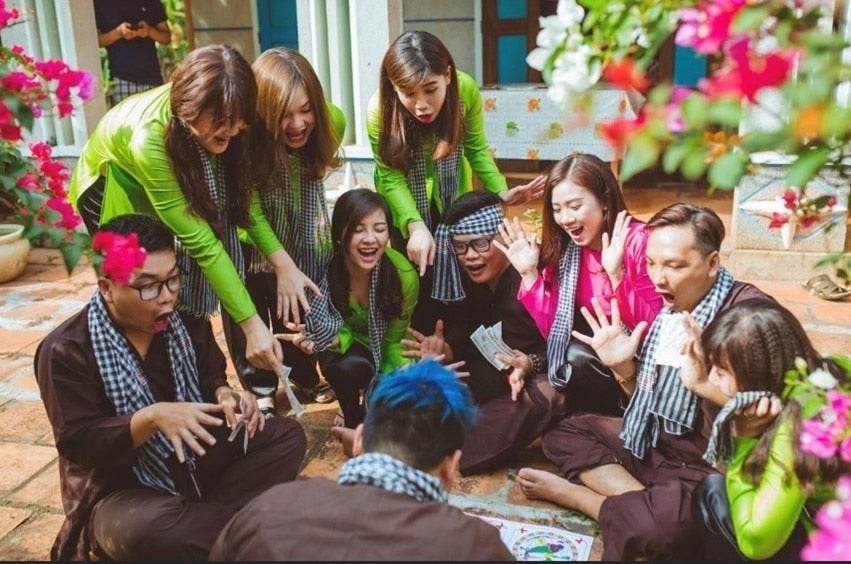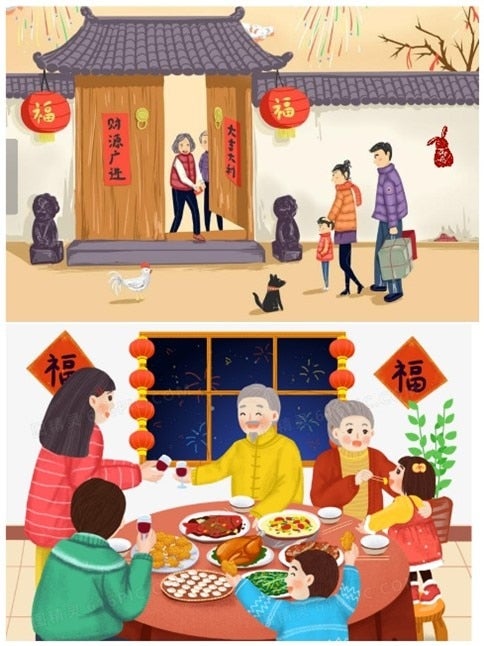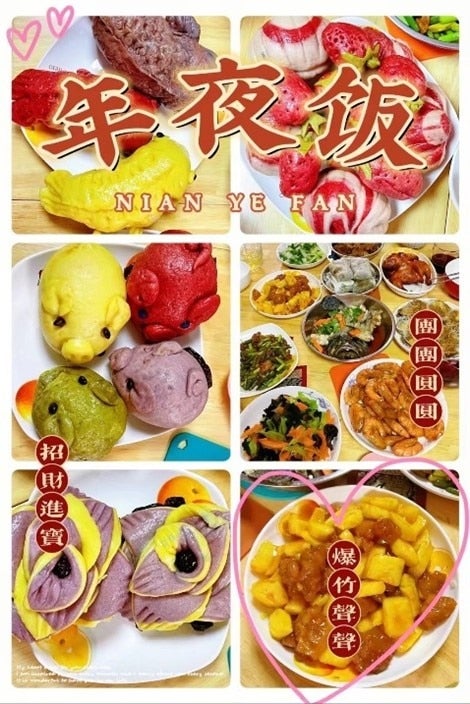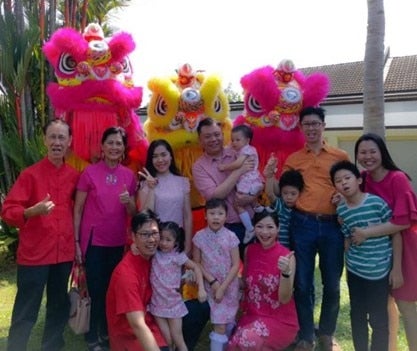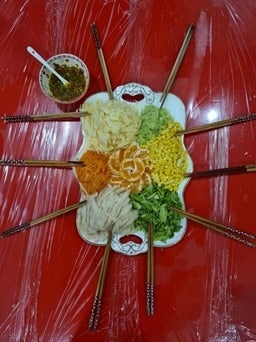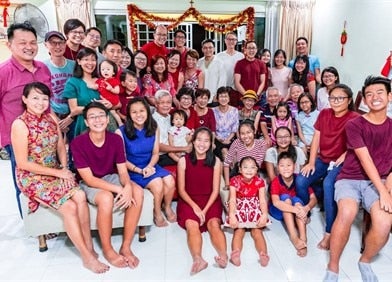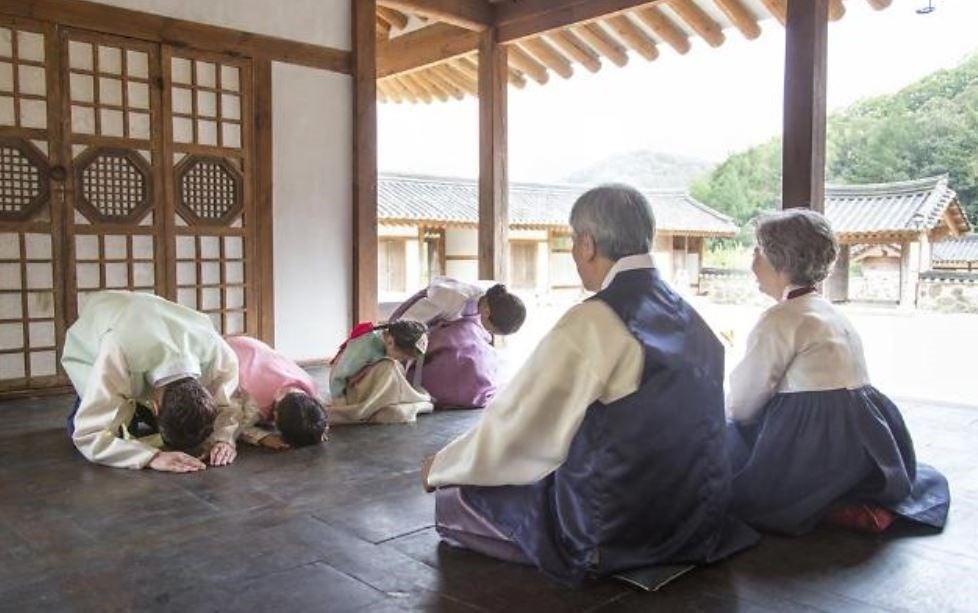At onsemi, we are building a better future through intelligent technology. That is why we value the diverse perspectives of each of our ~33K employees from around the world. With a global network of manufacturing facilities, sales and marketing offices, and engineering centers in key markets across North America, Asia and Europe, and an ongoing commitment to diversity, equity and inclusion (DEI), it is important that we continue to celebrate and reflect upon the unique cultures and backgrounds that our people represent. Today, we are highlighting the significance of Lunar New Year and are sharing how employees celebrate this holiday.
Lunar New Year 2023 falls on Sunday, Jan. 22 and is widely celebrated in China and other Asian countries as the beginning of a new year on the lunar calendar as well as the arrival of spring. 2023 is the Year of the Rabbit and Lunar New Year is a 15-day celebration with dates that vary from year to year because it is based on the cycles of the moon rather than the sun. This holiday is filled with many traditions that center around family, food, and festivities.
In China, Lunar New Year is commonly referred to as Chinese New Year (CNY) or Spring Festival. Toney Tang, an Organizational Development Analyst at the onsemi site in Shenzhen, China, shares that Lunar New Year is “the most important festival in China” with origins dating back thousands of years. She celebrates with a reunion dinner with family members, dragon and lion dance, posting Spring Festival couplets, fireworks and the distribution of lucky money.
Na Meng, a Research and Development Manager in Beijing, who has been with onsemi for 17 years, has fond childhood memories of three generations gathering at Grandma’s house to celebrate Spring Festival. She recalls staying up late, playing cards and eating dumplings in a quest to find those with a hidden coin. There are various kinds of meat at dinner (chicken, duck, fish and pork) to reward a year of hard work. However, it is important to leave leftovers, as “leaving some food for the next day means you will have a year of surplus,” according to Meng.
(Image shared by Na Meng)
In Hong Kong, intern Hinson Wong highlights one of the most famous traditions of Lunar New Year, which is Lai See, “red packets containing money, which married people are meant to give to younger, unmarried family, friends and acquaintances. It is believed to bring good luck to the giver and the recipient.”
Wong also shared the significance of hiking during Lunar New Year, saying, “The weather is great, and the trails require heading up a mountain or aiming high in the New Year.”
Sharon Heng, a Communications Officer in Malaysia, highlights that Lunar New Year is “a festival where the human spirit wants to live happily with friends and family.”
This message of togetherness is central to the celebration and critical to the hope of creating a more peaceful earth. The most meaningful Lunar New Year memory for Heng was when she got to celebrate for the first time with her child as a new parent; coming together with family during this time made her realize how important reunion is. Enjoying her favorite once a year must-have Lunar New Year dish, cookies and snacks, is also key.
(Image shared by Sharon Heng)
Also in Malaysia is Human Resources Manager Kan Sek Fong, who has been with onsemi for nearly four years. Sek Fong celebrates reunion dinner with family and enjoys Lou Yee Sang, or prosperity toss salad, a traditional dish that symbolizes prosperity, good luck, great health and things auspicious during Lunar New Year. Sek Fong also shared a strong message about inclusion related to Lunar New Year and its celebration by many different Asian countries.
“Even though we are from different countries, backgrounds and religions, we celebrate the festival with belief that the new year will bring good luck and prosperity to everyone,” said Sek Fong.
(Image shared by Kan Sek Fong)
Jacqueline Pong, Corporate Program Manager in Singapore, has been with onsemi for six years. Her favorite Chinese New Year memory is from 2019 when she proudly hosted almost 45 family members for food and fun. She recounts a game of chance that is played at large gatherings during CNY, when children will risk some of their newly received blessing money from the red packet and learn some valuable life lessons. She also shares an important tradition of giving mandarin oranges, which are considered a traditional symbol of good fortune. Jacqueline is looking forward to celebrating Lunar New Year this year as there will be one big reunion meal with both her side of the family, along with her husband’s side of the family. Traditionally, those meals have been separate occasions.
(Image shared by Jacqueline Pong)
The Frontend Operations, Foundry Manager at our onsemi site in Zhubei, Taiwan,
Rich Jeon, was happy to share his experience with Lunar New Year. Jeon is Korean and his wife is Taiwanese and to accommodate seeing their parents, they alternate which country they spend Lunar New Year in each year. In Taiwan, they prepare new money with red envelopes for parents and kids, as well as “set off fireworks to dispel bad luck and scare away evil spirits.” In Korea, they also perform a New Year’s bow called sebae as a sign of respect and to wish New Year’s blessings. No matter the country, there is a lot of great food prepared to eat all day and relax with family.
(Image from internet provided by Rich Jeon)
Ella Noh, Learning and Development Organizational Development Analyst in Bucheon, South Korea, has been with onsemi for a couple of months. One of her favorite memories of Seollal/Lunar New Year is being able to give a cash gift to her parents after she grew up and got a job.
Eating rice cake soup (Tteok-guk) is another common tradition during the holiday in Korea.
“You get a year older by eating rice cake soup but be careful not to eat too much. Eating two bowls of rice cake soup is rumored to age you by two years instead of one!” said Noh.
She also shared that it is customary to wear Hanbok (traditional Korean clothing) on Lunar New Year. Her dog joined in the celebrations as well.
(Image shared by Ella Noh)
In Vietnam, Lunar New Year is known at Tết (short for Tết Nguyên Đán) and is one of the most important cultural celebrations. Ellen Lam, a Human Resources Representative at our onsemi site in Biên Hòa, Vietnam, has a truly meaningful favorite memory. Along with some of her friends, she organized a charity day for the less fortunate where she collected gently used clothing, books and toys for kids as well as money to help buy food for others. They continue this tradition every year because of the impact that it has had on them and those they have helped. Tết is a time for friends and family to get together, eat delicious meals, play cards and celebrate the departure of the previous year. Ellen truly says it best when she proclaimed, “Happy New Year to my amazing colleagues!”
(Image shared by Ellen Lam)
Whether it is called Lunar New Year, Chinese New Year, Spring Festival, Seollal, Tết or something else altogether, Jan. 22 is the beginning of 15 days of celebration in many Asian countries. Our onsemi colleagues around the world represent the wide variety of experiences, knowledge, culture and backgrounds that foster the creativity and innovation necessary for us to maintain a competitive advantage in the global marketplace.
To learn more about DEI at onsemi, visit the Diversity, Equity, and Inclusion page.






